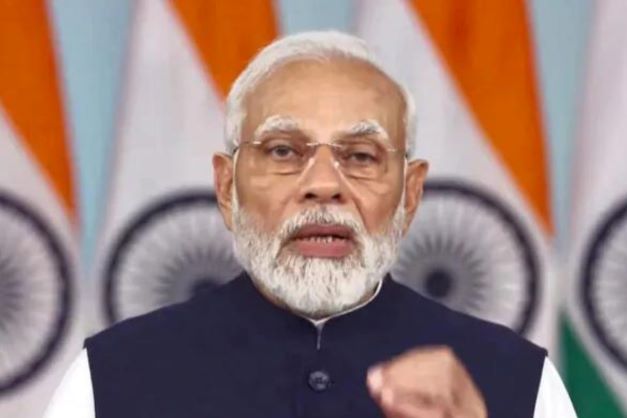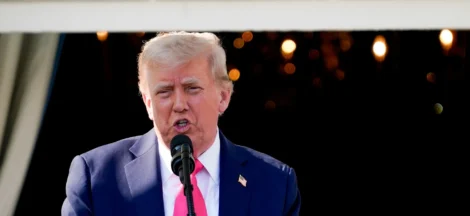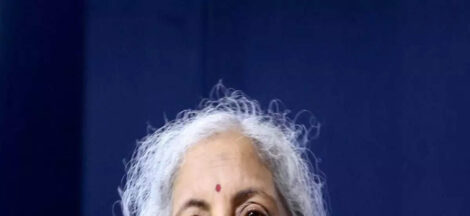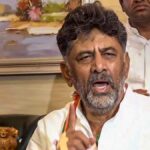Prime Minister Narendra Modi launched a scathing attack on the Congress party on Monday, alleging that it had appointed individuals with close ties to the party as election commissioners. Speaking at a public event, Modi asserted that his government had taken steps to enhance the independence and efficiency of the Election Commission of India (ECI).
Modi’s remarks come amidst growing political tensions over the functioning of the ECI, a constitutional body responsible for overseeing elections in the country. The Prime Minister criticized the Congress for what he described as nepotism in appointing officials to key positions within the commission, insinuating that such actions compromised the neutrality of the electoral process.
“The Congress party has a history of appointing people who are close to them as election commissioners. This has undermined the credibility of the Election Commission,” Modi stated, addressing a gathering in New Delhi. He emphasized that his government had implemented reforms aimed at ensuring transparency and fairness in the electoral system.
Under Modi’s administration, several changes have been introduced to strengthen the autonomy of the Election Commission. These measures include advocating for the use of technology to streamline voter registration and polling procedures, as well as enhancing the security and verifiability of electronic voting machines (EVMs).
The Prime Minister highlighted that efforts were ongoing to depoliticize the appointment process of election commissioners, advocating for a merit-based selection criteria that prioritizes competence and integrity. He underscored the importance of maintaining the Election Commission’s impartiality, asserting that fair elections are foundational to India’s democratic ethos.
Modi’s criticism of the Congress’s alleged influence over the Election Commission reflects broader concerns within the political landscape regarding the impartiality of electoral oversight. The ECI, tasked with ensuring free and fair elections, has faced scrutiny from various quarters over its handling of electoral disputes and enforcement of electoral laws.
Political analysts view Modi’s comments as a strategic move to underscore his government’s commitment to electoral reforms while casting aspersions on the opposition’s historical conduct. The issue of electoral integrity has been a contentious topic in Indian politics, with accusations and counter-accusations often shaping public discourse in the lead-up to elections.
In recent years, the Election Commission has taken steps to enhance voter participation and safeguard electoral processes against malpractices. These efforts have included voter education campaigns, stricter enforcement of campaign finance regulations, and the introduction of initiatives to facilitate voting for marginalized and remote communities.
As India prepares for upcoming state elections followed by the general elections, the integrity and impartiality of the Election Commission are likely to remain pivotal issues. Both the ruling Bharatiya Janata Party (BJP) and the opposition parties are expected to intensify their efforts to influence public perception regarding electoral governance and accountability.
The controversy surrounding the appointment of election commissioners and the broader reforms implemented by Modi’s government underscore the complex interplay between politics and governance in the world’s largest democracy. With political rhetoric likely to escalate in the coming months, the debate over electoral reforms and institutional integrity is set to dominate public discourse, shaping the course of India’s democratic journey.




 DK Shivakumar says he would abide by SC decision in assets case
DK Shivakumar says he would abide by SC decision in assets case 